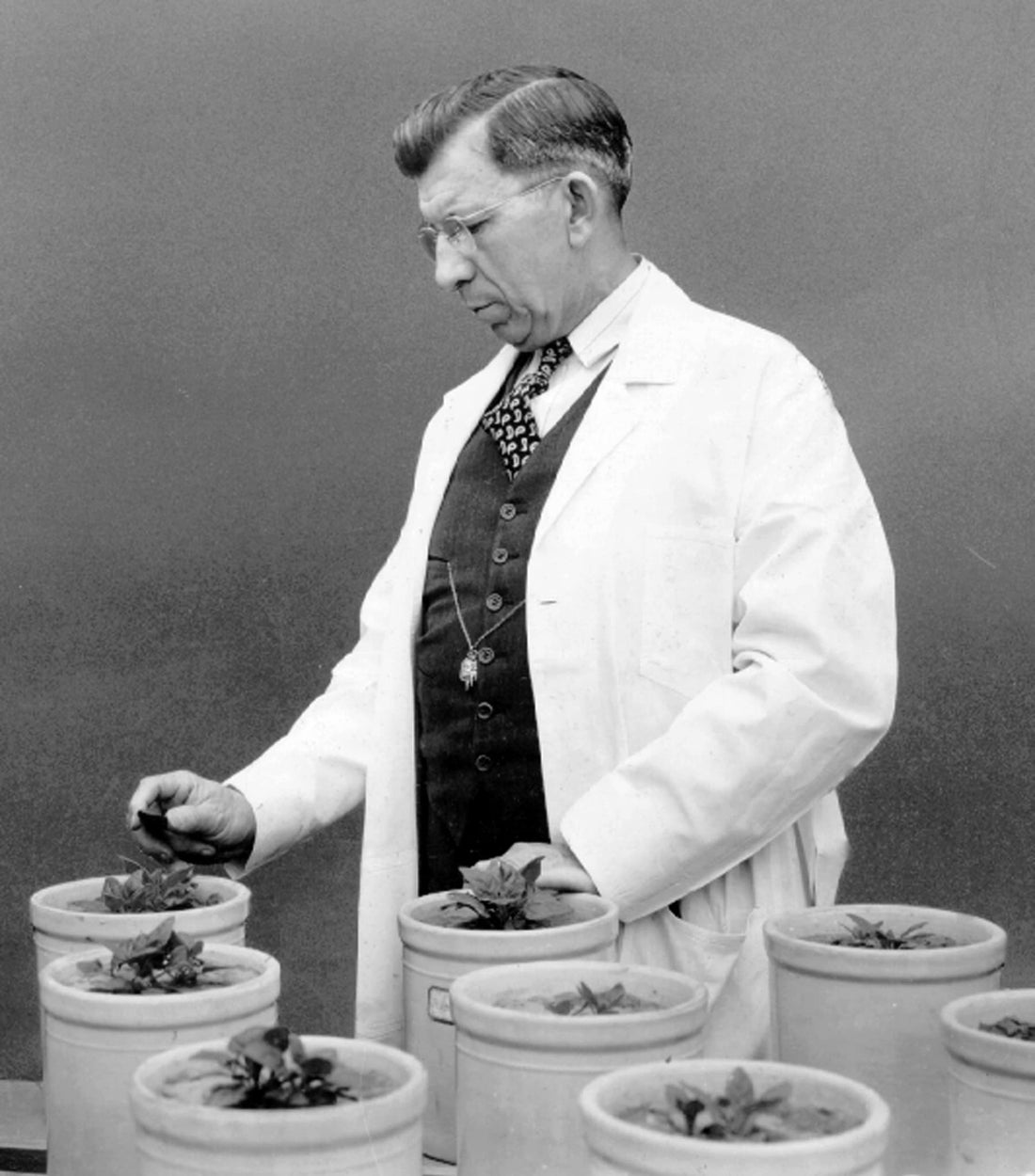
Unveiling the Wisdom of William Albrecht: Soil Balancing and the Albrecht Papers
Share

Unveiling the Wisdom of William Albrecht: Soil Balancing and the Albrecht Papers
When it comes to cultivating a thriving garden, one name that stands out is William Albrecht. This visionary soil scientist dedicated his life to understanding the intricate relationship between soil health, plant nutrition, and human well-being. Albrecht's groundbreaking research and discoveries have shaped the way we approach agriculture and gardening today. In this blog, we delve into the concept of soil balancing and explore the invaluable insights found in the Albrecht Papers.
The Journey of William Albrecht:
William Albrecht (1888-1974) was an American soil scientist who spent several decades studying the connection between soil fertility and human health. Albrecht firmly believed that the key to vibrant plant growth lies in maintaining a balanced soil ecosystem. His work emphasized the significance of providing plants with the necessary minerals and trace elements to unleash their full potential.
A Holistic approach to Soil Balancing:
Albrecht's research paved the way for the concept of soil balancing, which focuses on achieving optimal soil health through the correct mineral balance. According to Albrecht, a well-balanced soil not only provides essential nutrients to plants but also creates an environment where they can efficiently absorb and utilize those nutrients. This approach enhances plant vigor, disease resistance, and nutritional quality.
The Albrecht Papers: A Treasure Trove of Knowledge:
The Albrecht Papers, a collection of scientific papers and articles authored by William Albrecht, are a testament to his profound understanding of soil fertility. These papers provide a wealth of knowledge on various topics, including soil testing, mineral deficiencies, and the impact of soil health on crop productivity. Let's explore some key insights derived from the Albrecht Papers:
1. The Importance of Mineral Balance:
Albrecht emphasized the significance of maintaining an optimal balance of minerals in the soil. He believed that imbalances in soil minerals could lead to nutrient deficiencies in plants, affecting their growth and health. Through meticulous research, Albrecht identified specific mineral ratios that promote superior plant performance.
2. Soil Testing for Precision:
Albrecht advocated for comprehensive soil testing to assess nutrient levels accurately. He developed new methods and techniques to determine the soil's mineral content and used this information to guide corrective measures. By analyzing soil composition, farmers and gardeners can adjust mineral ratios and ensure optimal fertility.
3. Nutrient Density and Human Health:
One of Albrecht's notable contributions was highlighting the link between soil health, nutrient density in crops, and human health. He discovered that well-balanced soils produce nutrient-rich plants, leading to healthier food and improved human nutrition. Albrecht's research underscores the importance of sustainable agriculture practices for long-term human well-being.
4. Organic Matter and Soil Structure:
Albrecht recognized the vital role of organic matter in building and maintaining healthy soils. He emphasized the need for organic materials such as compost, mulch, and cover crops to enhance soil structure, water-holding capacity, and nutrient availability. Organic matter fosters beneficial microbial activity and promotes the overall vitality of the soil ecosystem.
5. The Soil-Food-Health Connection:
Albrecht's work emphasized the interconnectedness of soil health, plant nutrition, and human health. He recognized that the nutritional quality of food crops is directly influenced by the soil they grow in.
